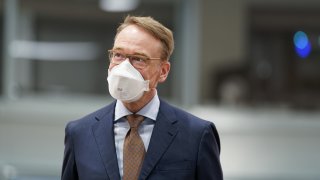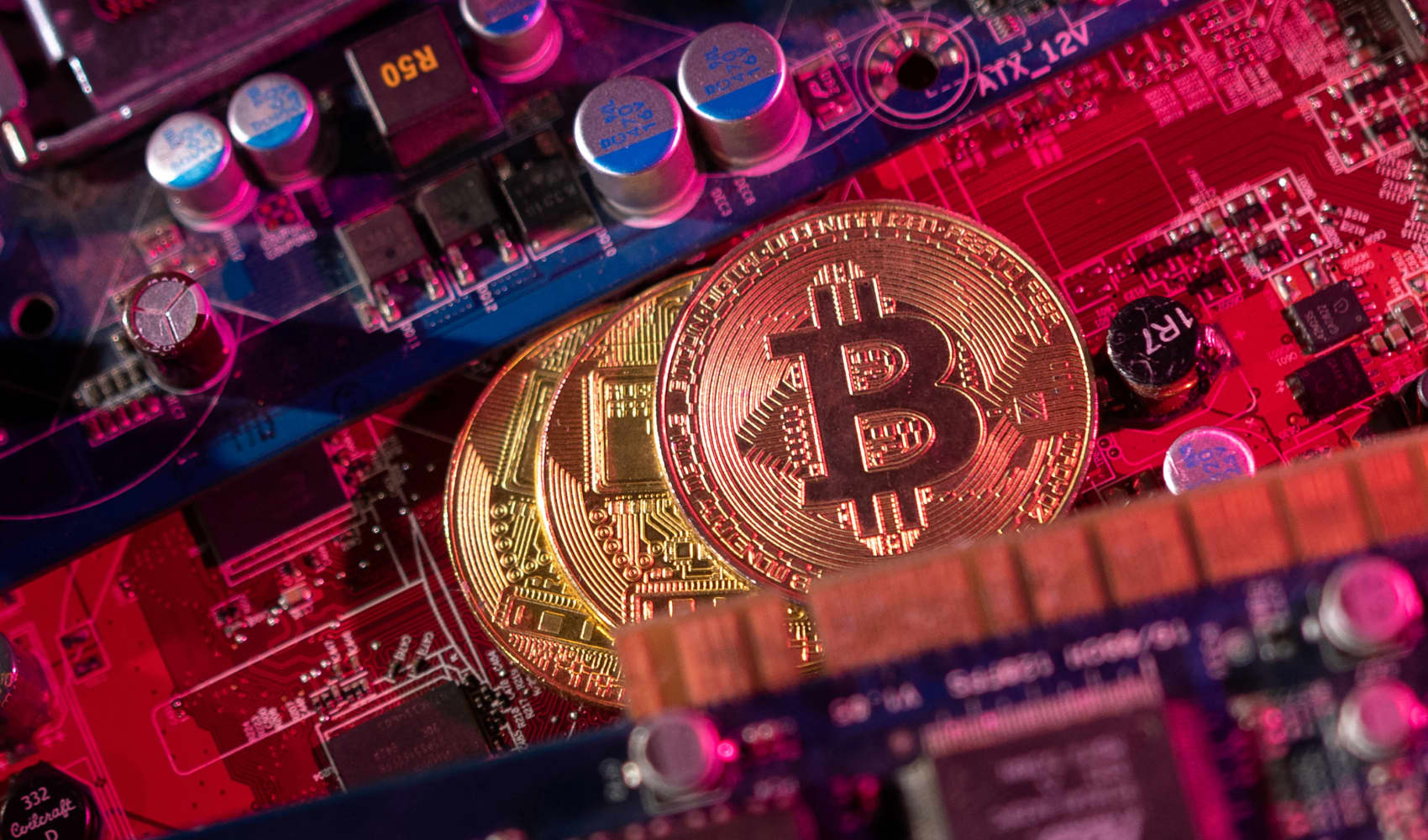
- PEPP is currently set to last until March 2022 and total 1.85 trillion euros ($2.2 trillion).
- The ECB could choose to end it before or after this estimated date.
- The ECB estimated in June that real GDP will exceed its pre-crisis level from the first quarter of 2022 onwards.
LONDON — European Central Bank member Jens Weidmann has said the massive coronavirus stimulus program should be scaled back "step-by-step," but others are worried about a premature lifting of the measures.
It is the big question on the ECB's table: when to lift the pandemic emergency purchase program — known as PEPP, which is currently set to last until March 2022 and total 1.85 trillion euros ($2.2 trillion). The ECB could choose to end it before or after this estimated date. Market players have wondered about the same question off the back of stronger economic data in the euro area.
"I see two prerequisites for completely ending net purchases under the PEPP," Jens Weidmann, a hawkish member of the ECB and governor of the German central bank, said at the Frankfurt Euro Finance Summit on Monday, according to CNBC translation.
Get DFW local news, weather forecasts and entertainment stories to your inbox. Sign up for NBC DFW newsletters.
These would be the total removal of Covid-19-related restrictions, such as social distancing and a solid economic recovery, he added.
However, the path of the pandemic is uncertain and, despite strong economic data in recent weeks, there are concerns that a premature lifting of the stimulus would undermine the economic recovery even further.
"When the pandemic is over and once, you know, the economic consequences of the pandemic start to fade away, well, PEPP will finalize – that was, you know, the initial target," Luis de Guindos, vice-president of the ECB, told CNBC's Annette Weisbach on Monday at the same conference.
Money Report
De Guindos reiterated that the ECB's governing council had not officially started talking about when to wind down stimulus.
"But my approach is very, very simple, I think we should try to avoid cliff-edge effects," de Guindos said. "I think we should try to do it as smoothly as possible and always taking the consideration (of) the evolution of the economy and the evolution of inflation."
To avoid this so-called "cliff-edge" situation, Weidmann called for the scaling back of pandemic-related stimulus "step-by-step."
"Due to the still existing uncertainty, we cannot determine the exit from the monetary policy crisis mode far in advance. In order not to have to end the PEPP suddenly, however, the net purchases could be reduced step by step in advance," Weidmann said.
Euro zone inflation
The ECB's main policy target is to keep inflation below but close to 2%. Though the region has struggled to revamp inflation in the wake of the global and sovereign debt crises, it recently experienced a massive increase in prices.
Inflation in the euro zone rose to 2% in the month of May, slightly above the ECB's target. This has been linked with the easing of different social-distancing rules across the 19-euro nations and consumers' willingness to spend more.

ECB President Christine Lagarde said earlier this month that the uptick in inflation was temporary and that this indicator would remain below the bank's target in the foreseeable future.
"Inflation has picked up over recent months, largely on account of base effects, transitory factors and an increase in energy prices. It is expected to rise further in the second half of the year, before declining as temporary factors fade out," she said at a press conference on June 10.
However, higher inflation numbers and continued strong economic indicators are likely to fuel this debate even further within the ECB's governing council, which is due to meet next in September.
The ECB estimated in June that real gross domestic product will exceed its pre-crisis level from the first quarter of 2022 onwards, one quarter earlier than previously projected.
According to Weidmann, these forecasts prove that 2022 will no longer be an "exceptional" year and a time of "crisis," which boosts his argument to reduce monetary stimulus.






